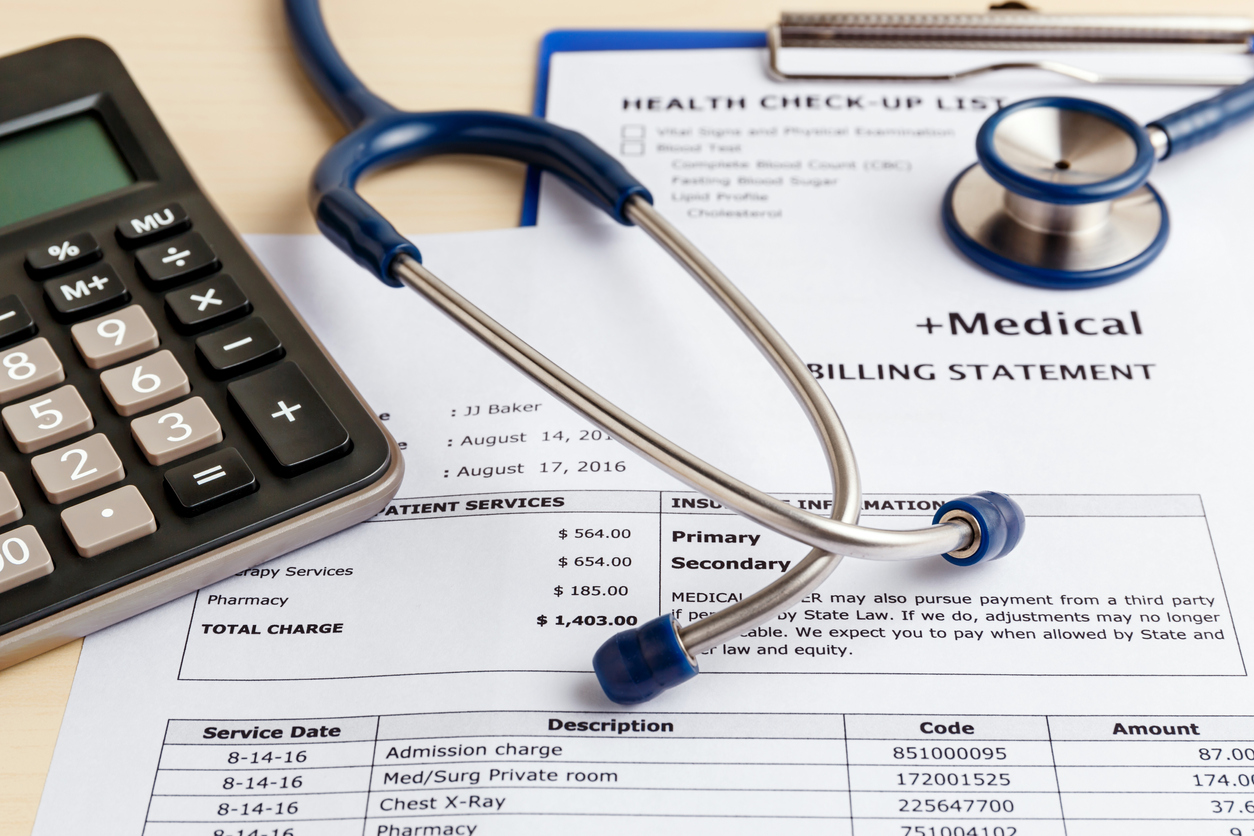Home > Resources > Out-of-Pocket Expenses
Out-of-Pocket Expenses

Out-of-pocket expenses are a category of damages in a personal injury case. They fall under economic damages because they represent expenses and costs the injured party incurred because of the accident or injury.
If another party caused your injury, Texas tort laws allow for reimbursement of economic damages, including out-of-pocket expenses. Understanding out-of-pocket expenses can help you track and document your losses and determine the value of your personal injury claim.
Table of Contents
- What Out-of-Pocket Expenses?
- Household Services
- Personal Care
- Medications and Medical Equipment
- Transportation Expenses
- Modifications for Impairments and Disabilities
- How Do I Recover Compensation for Out-of-Pocket Expenses for a Houston Personal Injury Claim?
- Does Comparative Fault Affect Out-of-Pocket Expenses in Texas?
- Contact Us for a Free Consultation With a Houston Personal Injury Lawyer
What Out-of-Pocket Expenses?

Out-of-pocket expenses are monetary losses that do not fall under the categories of medical expenses or lost wages. It is a catch-all category for costs you incur directly related to the personal injury. These costs may be related to your injuries, travel, personal care, and other related expenses.
Household Services
You may need to hire someone to clean your home or care for your children if your injuries prevent you from doing these tasks. If so, you can include the cost of household services as out-of-pocket expenses.
Personal Care
Personal care includes help with activities of daily living. These activities can include bathing, dressing, grooming, and feeding.
Medications and Medical Equipment
You may be prescribed a combination of prescription medications and over-the-counter drugs. You might also need medical supplies or medical equipment, such as bandages, crutches, a wheelchair, or a bedside toilet. These expenses are included in out-of-pocket expenses.
Transportation Expenses
The cost of going to and from medical appointments is an out-of-pocket expense. These expenses include mileage, parking fees, rideshare costs, rental car fees, and public transportation costs. If you are required to stay overnight in another city for medical treatment, you may include the cost of your lodging and meals in out-of-pocket expenses.
Modifications for Impairments and Disabilities
A personal injury may result in a permanent impairment or disability. If so, you may need to modify your home or vehicle.
For example, you might need to widen doorways or add a ramp to your home to accommodate a wheelchair. The costs of these modifications could be included in out-of-pocket expenses.
How Do I Recover Compensation for Out-of-Pocket Expenses for a Houston Personal Injury Claim?
You must have proof you incurred the expense to include it in your claim. Proof of out-of-pocket expenses may include, but is not limited to, receipts, invoices, bills, statements, and other evidence that you incurred the expense.
However, you must also prove that the expense was necessary and reasonable. Therefore, you may need statements from your physician documenting why the expense was necessary. If the insurance company challenges the expense, you may need to retain a medical specialist or other expert witness to explain how your condition results in the expense.
For example, an insurance company might argue whether you need a patient lift at home. A medical expert explains how your condition prevents you from getting in and out of bed without significant assistance. The specialist may also explain why your spouse cannot lift you out of bed without a patient lift (i.e., your spouse’s physical condition prevents such activity).
Our legal team works with you to gather evidence to prove out-of-pocket expenses. For example, the insurance company may dispute the cost of an item. If so, we work to obtain comparable costs that prove the amount you paid for the item was within the average price range.
We carefully document each expense you incur to accurately calculate how much your case is worth.
Does Comparative Fault Affect Out-of-Pocket Expenses in Texas?
Texas uses a modified comparative fault standard for personal injury claims. According to the proportionate responsibility statute, you cannot recover damages if you are more than 50% to blame for causing your injury. Therefore, if a jury finds that you were 60% at fault for a car accident, you would not receive any money for your damages.
However, if your level of fault is below 51%, your damages are adjusted based on your percentage of fault. Therefore, if you were 25% to blame for causing a slip and fall accident, your damages would be reduced by 25 percent.
Allegations of comparative fault could significantly impact how much money you receive for out-of-pocket expenses and other damages. The statements you make after an injury could be used to allege you accepted fault for your injury. It is best to seek legal advice from an attorney before you discuss your claim with an insurance adjuster.
Contact Us for a Free Consultation With a Houston Personal Injury Lawyer
Our legal team at Zehl & Associates Injury & Accident Lawyers works closely with you to document all damages for a personal injury claim. We also work with leading experts to gather additional evidence to support maximum compensation for damages. Contact us online or call (888) 603-3636 today to schedule a free case evaluation with an experienced Houston personal injury attorney.
FREE CASE REVIEW
Fill Out the Form Below for a Free Case Review with our Undefeated Personal Injury Lawyers
All communications are private and confidential. This site is protected by reCAPTCHA and the Google Privacy Policy and Terms of Service apply.